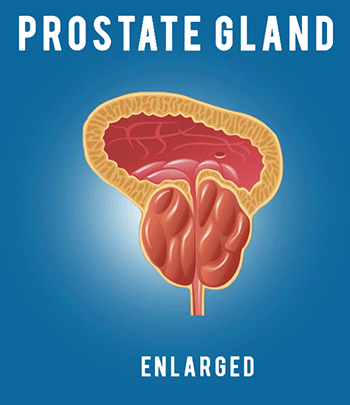Powerful Effects of Exercise on the Brain
Powerful Effects of Exercise on the Brain

Effects of exercise on our body and mind are huge. It is not a mystery that physical activity helps us feel better, improves the function of our heart and lungs, and keeps us fit. However, recent studies have shown the powerful effects of exercise on the brain. Wendy Suzuki, a Professor of Neural Science and psychology, makes it the area of her expertise. She was shocked when she discovered how physical activity affects our brain. According to her, it is not only that exercise improves our mood; it also has powerful long-term effects. She found that our level of serotonin, dopamine, and noradrenaline increases after a workout. Furthermore, she has discovered that our focus strengthens and we can do complex tasks with higher concentration level. Besides the improvement of cognitive abilities, Wendy was surprised to learn about long-term effects, especially the ones that have the protective function of our brain. In animal studies, scientists have noticed that the cells of the hippocampus – the brain area responsible for long-term memory – multiply after physical activity. Therefore, the process of new cell production in hippocampus protects the brain from dementia, Parkinson and Alzheimer’s disease. To learn more about the powerful effects of exercise on the brain, Wendy Suzuki gives us the interesting explanation in the article “A Neuroscientist Is Trying to Create Tailored ‘Exercise Prescriptions’ for Aging to Keep the Brain Sharp”.
Powerful Effects of Exercise on the Brain
Suzuki realized something that would inform her studies for years to come: the benefits of exercise aren’t confined to muscles or metabolism.
“Exercise is the most transformative thing you can do for your brain,” she said in her talk. “A single workout can improve your ability to shift and focus attention.”
Suzuki has since examined how exercise increases neurotransmitters associated with good moods. Aerobic activity, she found, boosts chemicals in the brain like depression-busting serotonin and reward-signaling dopamine. These effects can last for up to two hours after a session at the gym or on the trail.
Regular exercise also builds more new cells in the hippocampus, which plays a role in short- and long-term memory and can help us navigate and think about the future. Other studies have shown that aerobic workouts can stave off age-related mental decline, and help with recovery from traumatic brain injuries.“You can think of exercise as a supercharged 401K for your brain,” Suzuki says. “And it’s free!”
Wendy confirms that not only the cells of the hippocampus renew themselves, but also the cells in the prefrontal cortex. These two brain areas decide whether we will develop detrimental diseases of the brain. Even though the health benefits of exercise are huge, many people want to know what is the minimal number of hours we need to spend in the gym. Wendy is not sure, but she recommends taking physical activities three to four times per week for at least 30 minutes. She does not believe that we should necessarily attend the gym to help our body moving. Moreover, she encourages us to take a brisk walk, using stairs, and doing intense household chores. But, one thing is crucial – this activity should contain aerobic movements that activate our lungs and hearts.


